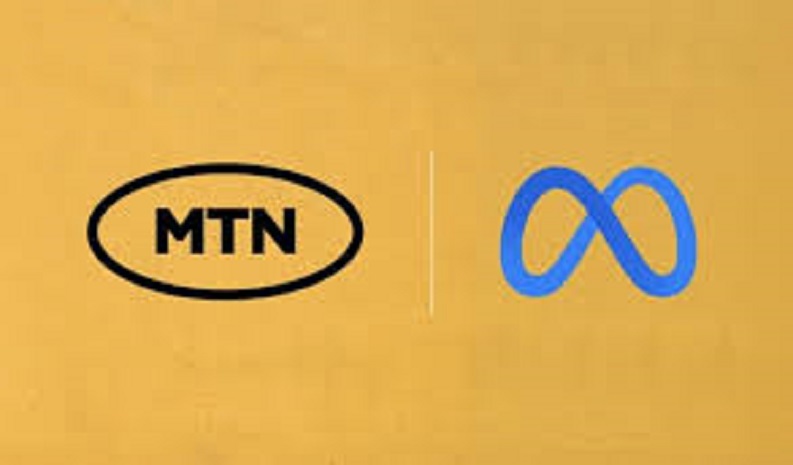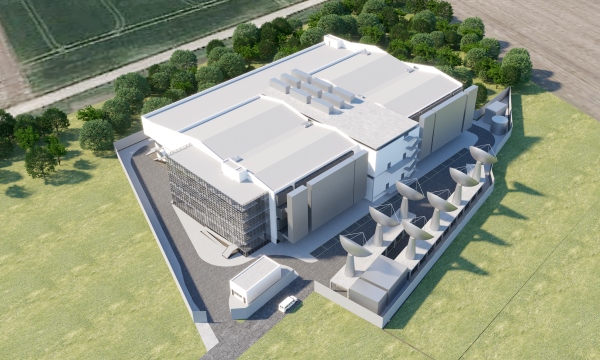Telecom
BlackBerry Smartphones are Dead, Sales End in August

TCL, Chinese electronics group, will stop producing BlackBerry-branded smartphones this year, the companies said on Monday, leaving it unclear whether that will be the end of the line for the once-dominant handsets.

At the end of August, TCL will no longer have rights to design, make or sell BlackBerry smartphones, the Canadian company said in a message shared on Twitter.
“The future is bright for both TCL Communication and BlackBerry Limited, and we hope you will continue to support both as we move ahead on our respective paths,” the post read.
Canada-based BlackBerry licensed its smartphone technology to TCL in 2016 in an effort to revive its fortunes in a smartphone market now dominated by Apple and Android-powered handsets.
BlackBerry did not disclose any plans for the future of its once-dominant smartphone line.
Key2 model smartphones introduced in 2018 were still being promoted at the BlackBerry website on Monday.
TCL unveiled Key2 in mid-2018, combining a physical keyboard with a 4.5-inch screen and powering it with the Google-backed Android operating system.
BlackBerry’s share of the global smartphone market has fallen to virtually zero since it dominated the market with its physical keyboard design a decade ago.
The rise of Apple’s iOS and Android-powered handsets with touchscreens and “apps for that” prompted BlackBerry to abandon the market to concentrate on software and services.
Under its agreement with TCL, BlackBerry remains in control of software and security on smartphones, while TCL produced the handsets, abandoning the former BlackBerry OS software.
TCL also produces smartphones under the Alcatel brand.
Telecom
MTN Champs Lagos Continental Relays: A Celebration of Sportsmanship and Fun

MTN Champs Season 3 Lagos Continental Relays concluded on April 12, 2025, with a vibrant closing ceremony at the Yabatech Sports Complex.

This event marked a historic moment in Nigerian athletics, featuring the debut of the Olympics-approved mixed relays and showcasing exceptional talent across various track and field events.
The final day was a blend of intense competition and entertainment, drawing families, friends, and MTN Nigeria staff to the stands. Guests enjoyed music, games, and the much-anticipated MTN Staff Relays, where teams from different departments competed for medals and bragging rights. The Innovators emerged victorious, clinching gold in both male and female categories.
MTN executives also joined the fun, participating in 50m sprints and emphasizing the importance of physical activity. Chief Human Resources Officer, Esther Akinnukawe, highlighted the company’s Go M.A.D (Make A Difference) campaign, encouraging individuals to stay active and impactful in their fields.
The Lagos Continental Relays attracted over 2,500 entries from 155 schools, with participants competing in four age categories: Cadet (U-14), Youth (U-17), Junior (U-20), and Senior. The event not only celebrated athletic excellence but also reinforced MTN’s commitment to nurturing future Olympians and building a legacy of sports development in Nigeria.
Season 3 of MTN Champs continues with the grand finale scheduled to take place in Uyo at the Godswill Akpabio Stadium from April 30 to May 3.
Telecom
MTN, Meta Partner to Enhance Voice and Video Calling Quality

MTN Group, Africa’s leading telecommunications provider, has joined forces with Meta to improve the quality and reliability of voice and video calls on real-time calling applications such as WhatsApp across 12 MTN markets.

The collaboration, which began at the Mobile World Congress (MWC) 2024, focuses on optimizing application-aware networks and network-aware applications to deliver a seamless and high-quality user experience. By leveraging data analytics and conducting comprehensive testing, MTN and Meta have successfully developed solutions that enhance the interaction between mobile networks and real-time calling applications.
Nigeria, MTN’s largest market, was the first to implement these enhancements. Early results indicate a remarkable 50% improvement in key performance indicators (KPIs), significantly enhancing the user experience for MTN Nigeria mobile users.
“This implementation further demonstrates our commitment to enhancing our customers’ digital experience.
“We’re pleased with the remarkable improvement in our real-time communication services, reflecting our commitment to innovative customer solutions,” said Yahaya Ibrahim, Chief Technology Officer (CTO) at MTN Nigeria.
Diego Marí, Head of Network Ecosystems Engineering at Meta, added, “The collaboration allows us to deploy advanced solutions for an unparalleled real-time experience in Nigeria and showcases our dedication to elevating service quality and improving user experience, while striving for continued efficiency in traffic delivery.”
The partnership underscores MTN and Meta’s shared vision of delivering cutting-edge solutions to enhance digital communication across Africa.
Telecom
Rack Centre Commissions Revolutionary LGS2 12MW Data Centre in Lagos

Rack Centre, West Africa’s premier Tier III carrier and cloud-neutral data centre, has unveiled its state-of-the-art 12MW IT Load Data Centre, the LGS2, in Lagos, Nigeria.

This innovative facility is set to redefine the digital landscape of Nigeria, offering unparalleled infrastructure, scalability, and reliability.
Speaking at the official commissioning on April 10, 2025, Rack Centre’s Chairman, Maher Jarmakani, emphasized the company’s dedication to innovation and sustainability.
He highlighted the LGS2 facility’s role in providing uninterrupted, energy-efficient solutions for enterprises, cloud providers, and financial institutions, reinforcing Rack Centre’s pivotal role in Nigeria’s digital transformation.
“This facility exemplifies our commitment to powering the nation’s digital future,” Jarmakani stated.
Governor of Lagos State, Babajide Sanwo-Olu, represented by his Deputy Chief of Staff, Sam Egube, praised the milestone during his keynote address.
He described the LGS2 facility as a cornerstone in Lagos’s journey toward becoming a globally competitive digital hub.
Sanwo-Olu also commended Rack Centre for prioritizing sustainability and energy efficiency in the centre’s design.
Rack Centre’s CEO, Lars Johannisson, expressed gratitude to the Lagos State Government for fostering an enabling environment to support the company’s vision.
Johannisson described the facility as a symbol of Nigeria’s commitment to cutting-edge technology, sustainable digitisation, and artificial intelligence.
He noted that with the LGS2 operational, Rack Centre’s data centre capacity would increase eightfold, solidifying its leadership in sub-Saharan Africa’s digital infrastructure space.
As a key player in Nigeria’s digital ecosystem, Rack Centre continues to connect people, businesses, and ideas, driving technological progress and cementing its legacy as a trailblazer in Africa’s digital economy.

 E-Business2 days ago
E-Business2 days agoNITDA Warns Against Fake Google Play Store

 General News2 days ago
General News2 days agoLagos Commences Integration of NIN with State Single Social Register

 News2 days ago
News2 days agoNOA Uncovers Fraud by Banks, Universities in Students Loan Scheme

 E-Financial2 days ago
E-Financial2 days agoUBA Redefines Banking with Next-Gen PoS Terminals and Revamped MONI App

 E-Financial2 days ago
E-Financial2 days agoSEC Bans Unregistered Digital Asset Exchanges, Online Forex Platforms

 E-Financial2 days ago
E-Financial2 days agoNIBSS Heads to Court to Recover N4Bn Lost due to System Glitch

 E-Financial2 days ago
E-Financial2 days agoAfrica Loses $88.6Bn Yearly to Corruption- ECOWAS

 General News2 days ago
General News2 days agoNigeria Records $6.83Bn Balance of Payments Surplus in 2024 Amid Economic Reforms



























